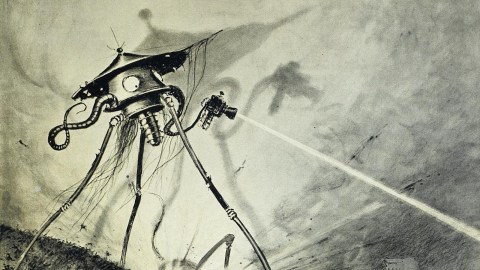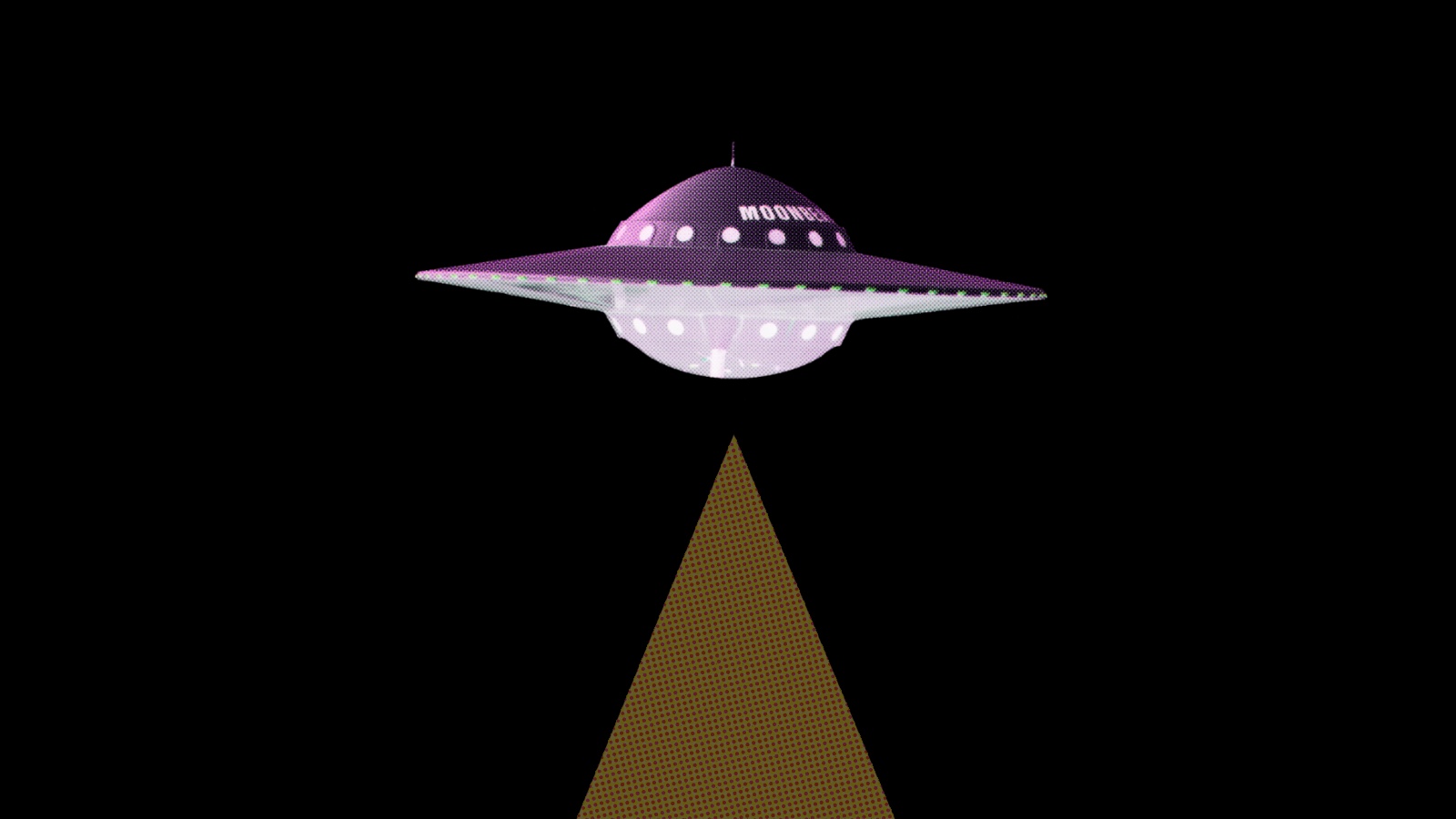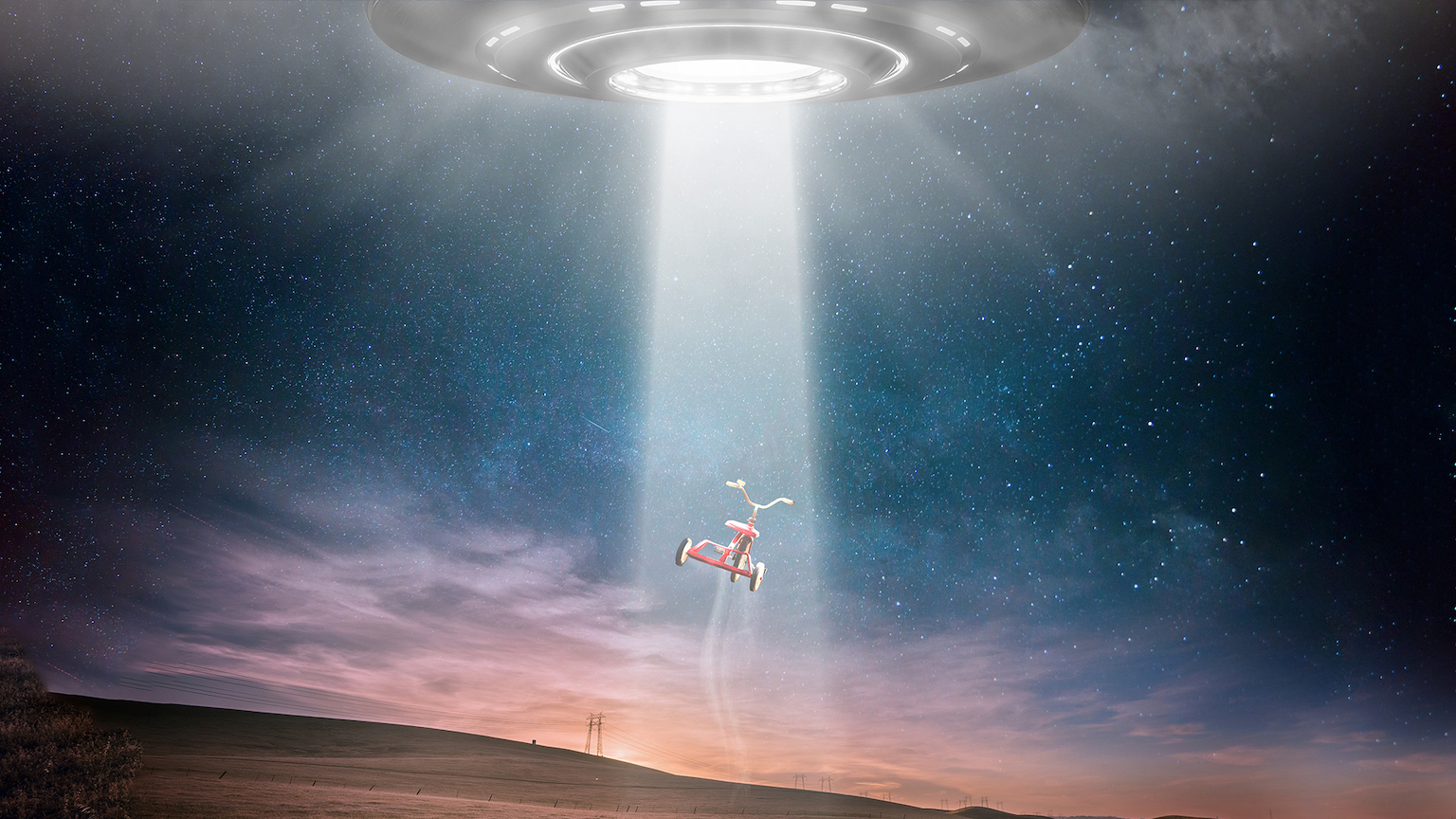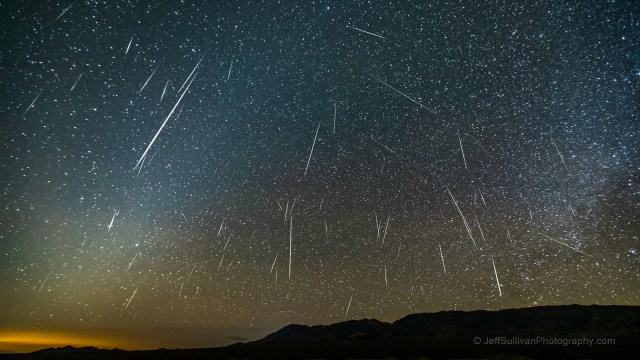What sort of ethics would aliens practice?

- Ethics derived from biological evolution can be harsh — parasitism, invasiveness, and survival at all costs.
- Ethics derived from human culture is far more benevolent.
- Would alien ethics be based more on biology or culture? Let’s hope the latter.
In this season of religious holidays, when we cherish peace and goodwill, those of us who think about our place in the Universe might wonder what ethical standards aliens — particularly technologically advanced aliens — might follow if we someday encounter them. Would they be similar to the ethical standards of humans?
Before you scream “I HOPE NOT!” consider that society’s values have changed quite a bit over the last 10,000 years or so of human history. Even today, ethical standards vary a lot from culture to culture. But let’s use as a modern reference point the values enshrined in the UN Charter and Universal Declaration of Human Rights. Article 1 of the Declaration states, “All human beings are born free and equal in dignity and rights,” while Article 2 adds that “everyone is entitled to all the rights and freedoms set forth in this Declaration, without distinction of any kind, such as race, color, sex, language, religion, political or other opinion, national or social origin, property, birth, or other status.”
Evolutionary ethics
Thinking beyond just our current civilization on Earth, we can distinguish between ethical standards derived from biological evolution and those derived from cultural evolution. Let’s start with biology. Nature prioritizes survival and reproduction above all, and in the high-stakes game of evolutionary competition, everything is allowed. Parasites even use other life forms to get the resources they need, with little regard for whether the host organism dies as a result. One particularly cruel example (from a human perspective) is parasitoid wasps, which lay their eggs inside their victims, after which the offspring devour their way out. Parasitic life forms are common on our planet; by some estimates they outnumber the non-parasites.
On the other hand, nature offers plenty of examples of cooperation. In extreme cases, one species literally cannot live without the other. Lichens, in fact, are a symbiotic partnership, a long-term biological relationship of cyanobacteria or algae with fungal species.
When it comes to survival, the species is more important than the individual organism. Mutations are nearly always bad news for individuals, but for a species they’re advantageous, because they are a key means by which the species adapts to changing environmental conditions. Seen from a species survival perspective, the individual has no real purpose after it procreates. Aging reduces its fitness to such a large degree that the organism generally dies quickly after reproducing.
Seen from a cultural context, however, older individuals still have a purpose, as they pass on expertise from one generation to the next, and can help care for their offspring’s offspring — the so-called grandmother effect. This has proven evolutionarily beneficial for humans. In this case biology and culture move in the same direction: to enhance the survival of the human species.
Cultural ethics
At other times, biological and cultural evolution point in different directions. A prime example is colonization. From a biological viewpoint, it’s completely normal. Every species practices some kind of colonization as it seeks out new habitats and resources. Those species that don’t go extinct. Of course, biological colonization often means that whatever indigenous species was there first is replaced by invaders. From a biological viewpoint, there’s nothing wrong with that. Whichever species is better suited to the environment will survive, and if both species are equally well-adapted, they both may thrive, but at lower numbers.
And yet, from a human cultural perspective, colonization has gotten a bad rap, particularly in the last centuries, when European nations’ aggressiveness often resulted in the suppression and sometimes even eradication of indigenous human populations.
In our latest meeting of the Einstein Forum, hosted at the Technical University Berlin, we considered some of these questions in discussing the possible colonization of the Moon and Mars. It became clear that our group’s eagerness to colonize the Red Planet with humans depends on whether we find indigenous life there or not. Cultural evolution has brought us to believe that indigenous life on a planet should be protected. This might not categorically rule out a human Mars colony but would strongly affect how it’s done. Think of the Prime Directive in Star Trek, which prohibits interference in another society’s evolution.
Alien ethics
Would an alien civilization have such qualms? If they’re highly evolved, they would probably realize that remaining stuck forever on their home planet poses a high risk of eventual extinction, a risk that can be mitigated by colonizing other habitable planets and moons. Would they be ruthless in pursuing their biological imperative, like the aliens in the movie Independence Day? Or would they follow a more culturally advanced strategy, respecting indigenous life, especially if that life is complex and possibly intelligent? If the latter, they might choose to colonize only planets and moons that are habitable but uninhabited. But if the aliens badly needed another planet’s resources, they might abandon these lofty principles and pivot back to biology to prioritize their own survival.
The tension between biological and cultural imperatives may become more pronounced if conflict arises between a planet’s indigenous species and the new arrivals. On Earth, conflicts between different individuals of the same species or different species don’t necessarily result in violence or even death. But in predator-prey relationships, it’s typically “eat or be eaten.” Modern human society claims to favor non-violent conflict resolution, whether prompted by the UN Charter or the teachings of Jesus. The Russia-Ukraine war, though, reminds us that violence is too often still used to resolve a conflict.
Would technologically advanced aliens, even “hungry” aliens, see us as a fellow intelligent species that deserves respect? That might lead them to settle disputes between us in a non-violent way. Or would they follow the cruel mandates of biology and take what they need — or, worse, see us a food source, or even pets?
The ethical standards of aliens could therefore vary tremendously, depending on whether culture or biology rules. We have a better chance of settling things peaceably if it’s the former. This is not to vilify the biological imperative, however. That’s what helped shape us into the species we are today.





